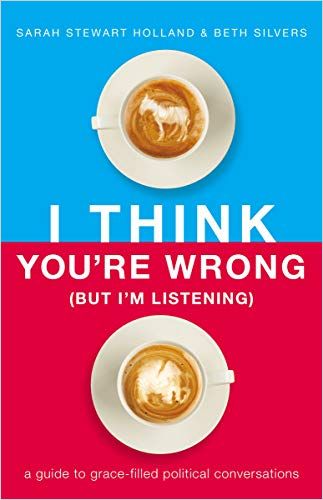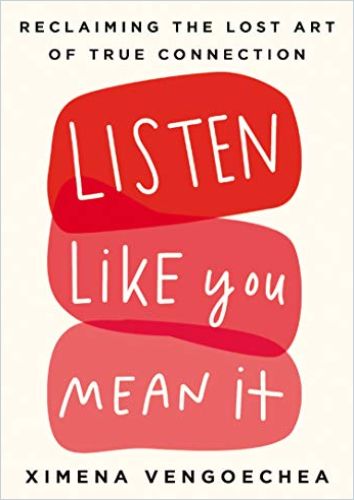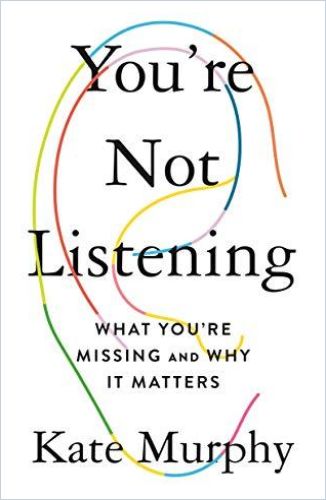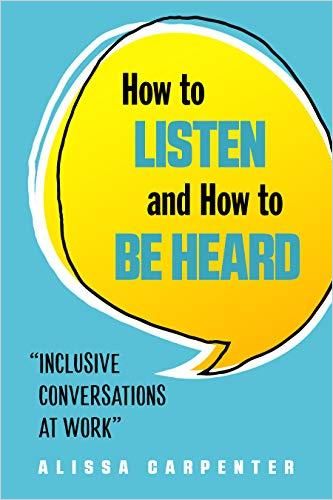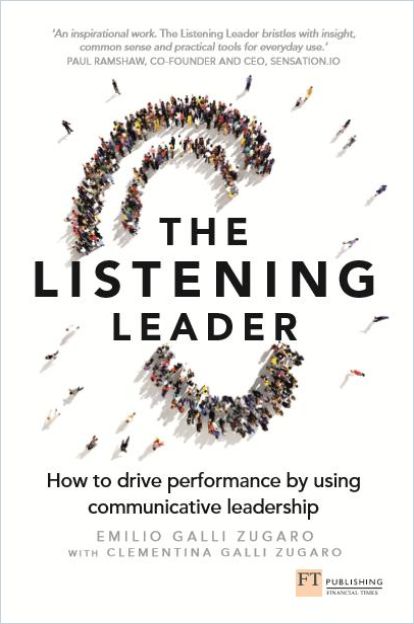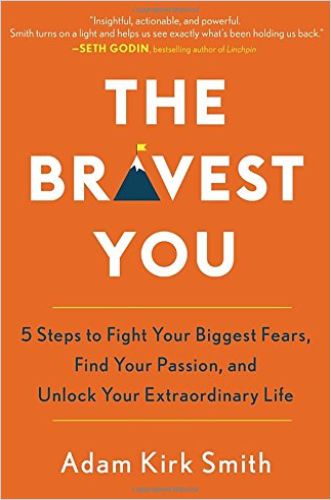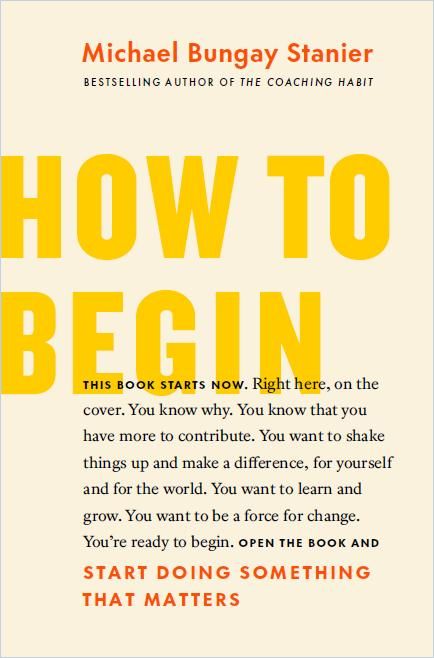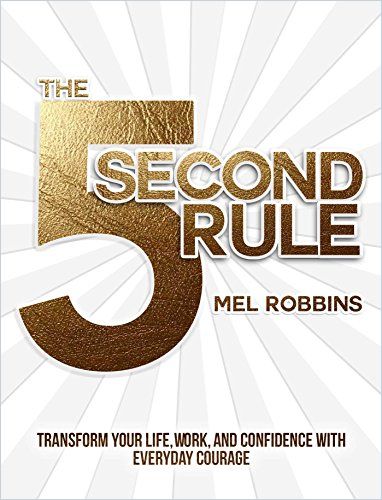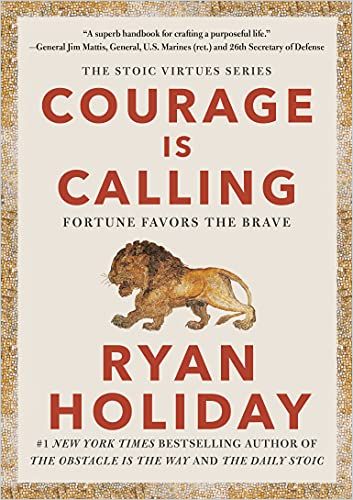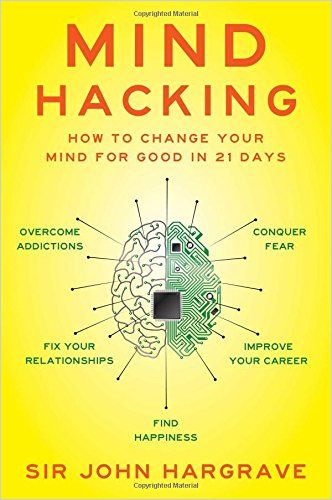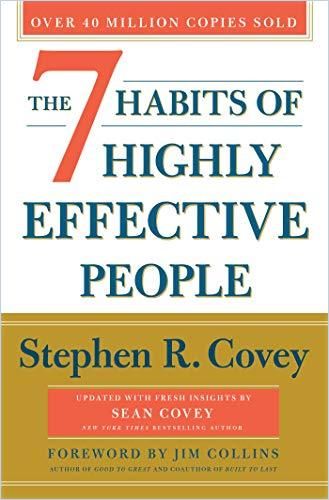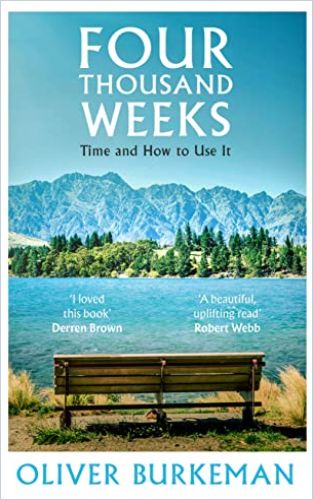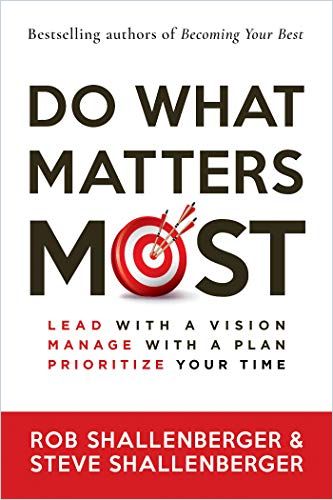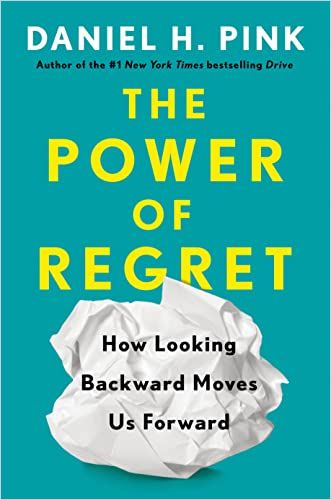On New Beginnings
Charles Dickens’s A Christmas Carol

Do you look at yourself in the mirror and not like what you see? Do you wish you had a closer relationship with your children or loved ones? Do you feel you spend too much of your energy on pursuits that don’t bring you joy? The good news: you can always start over. Instead of going through your daily motions on autopilot, you can start making different choices today. Charles Dickens’s classic novel, A Christmas Carol, traces Ebenezer Scrooge’s transformation from a miserly and cruel old man to a joyful and generous gentleman. By gaining perspective on his past and present life – as well as insights into where his current life may lead him – Scrooge discovers what really matters in life.
What It’s About
Rich miser Ebenezer Scrooge hates Christmas and all it entails. On Christmas Eve, spirits appear and take Scrooge to see poignant scenes from his past, joyful holiday celebrations in the present, and horrifying future events. In response, Scrooge changes his life to embody the holiday spirit all year round.

Three Life Lessons
1. Learning Starts with Listening
Scrooge’s first reaction to the visiting spirits is to dismiss them. Upon recognizing that they have his best interest in mind, however, Scrooge starts to warm up to them. He realizes that the visiting spirits have something important to teach – and Scrooge starts to listen.
We think we know more than we actually do. We judge people before we really get to know them. There is so much hidden information right where we are. The people around us have much to teach us – if only we knew how to listen!
The art of listening might be the most underrated communication skill there is. Listening involves paying full attention while avoiding judgment and interpretation. Listening is not the same thing as hearing. True listening is an active effort undertaken with the goal of understanding what another person (or spirit, in the unusual case of Scrooge) seeks to convey – even if what you hear makes you feel uncomfortable. The most useful feedback is the one that takes you out of your comfort zone – there is simply no other way to grow and learn.
2. Every Moment Offers an Opportunity to Start Over
When Scrooge wakes up the morning after being visited by the Spirits, he throws open the window and sees a boy outside. When Scrooge asks what day it is, the boy replies that it’s Christmas Day. Giddy at this news, the former old miser becomes a joyful, generous human being.
Much of the plot of A Christmas Carol centers around Scrooge’s choices – and how his choices shape his life trajectory and impact the lives of those around him. Scrooge’s Christmas Day epiphany rests on the powerful realization that you can start to make different choices at any moment. Your past doesn’t need to determine who you will be tomorrow. You can always begin anew.
Any meaningful growth requires a leap of faith and the courage to create the life you truly desire, explains Ryan Holiday in Courage is Calling. Your perception of your agency determines your power to change your life. And if your mind keeps coming up with excuses and leaves you stuck in old behavioral patterns, try Mel Robbins’ 5 Second Rule. By counting down from five to zero, Robbins contends, you focus your brainpower on the change in behavior you’re about to instigate. Author Michael Bungay Stanier, meanwhile, offers an easy-to-follow game plan for changing your life trajectory in his guide, How to Begin. Don’t be afraid to try something new because it could be the best thing you will ever do!
3. Live with the End in Mind
Approaching the grave with the Ghost of Christmas Yet to Come, Scrooge reads his own name on the headstone. Falling to his knees, he implores the ghost to give him the chance to prevent the events he has witnessed from occurring. After his transformation, he does all he can to bind himself to others, not in the hope of cheating death or of gaining some heavenly reward, but rather because he now understands that a person’s good deeds give them a kind of immortality on earth.
Memento Mori, or “Remember you must die,” is the ancient practice of reflecting on your own mortality – a central theme in human civilizations throughout history. The point of this reminder is not to make you gloomy or bitter – but to help you put things in perspective and focus on what’s truly important in life.
“Begin with the End in Mind” is the second habit in Stephen R. Covey’s personal development classic, The 7 Habits of Highly Effective People. Covey prompts you to imagine yourself attending your funeral and thinking about what people could honestly say about you based on the way you are now. If what you hear is not how you want to be remembered, decide what you need to change and what you want to become. Covey recommends drafting a mission statement and committing yourself to live by it. A crisp, snowy Christmas Day morning may just be the right time to take the leap!
I will honour Christmas in my heart, and try to keep it all the year. I will live in the Past, the Present, and the Future. The Spirits of all Three shall strive within me. I will not shut out the lessons that they teach.
Charles Dickens, A Christmas Carol
